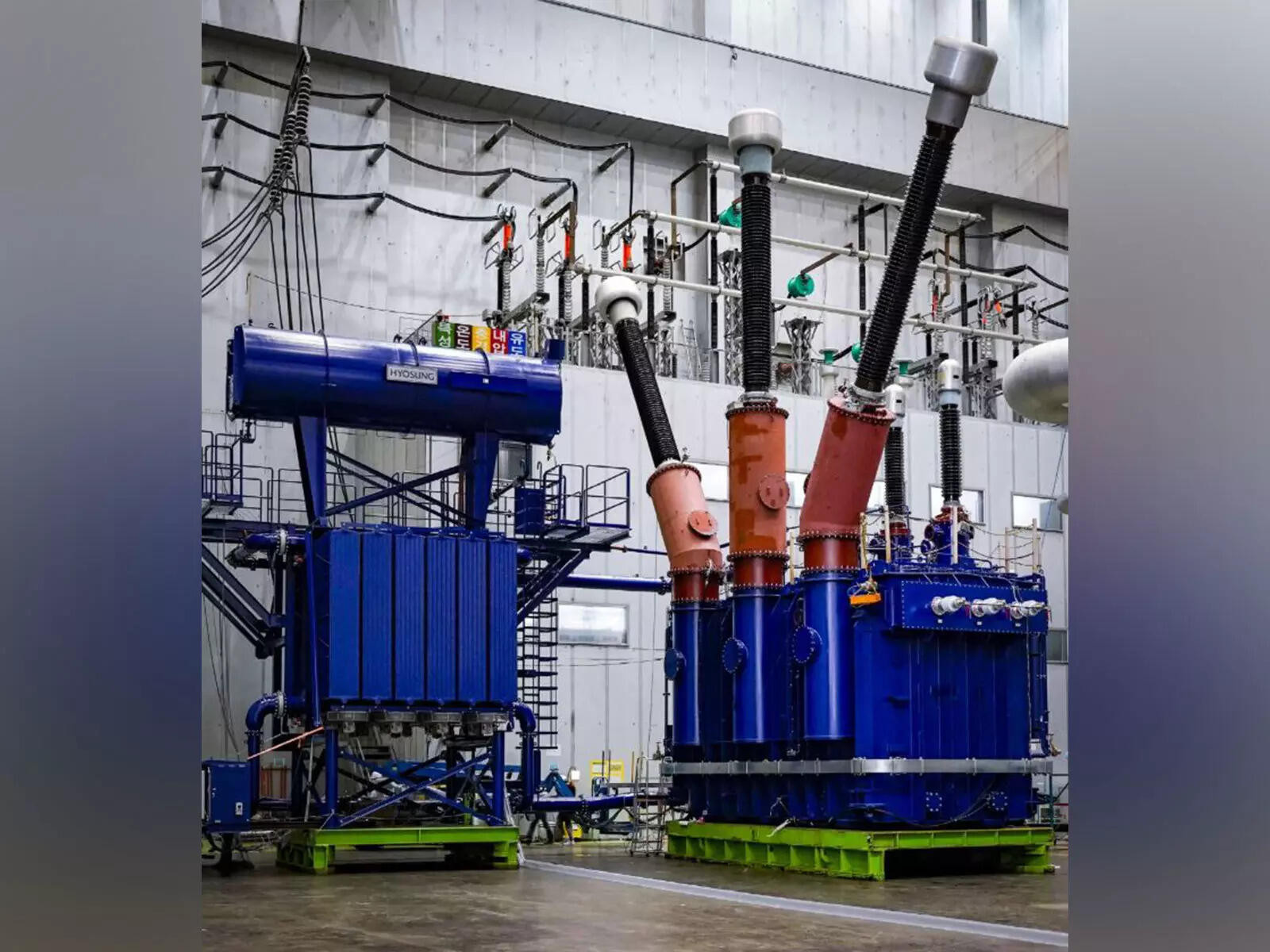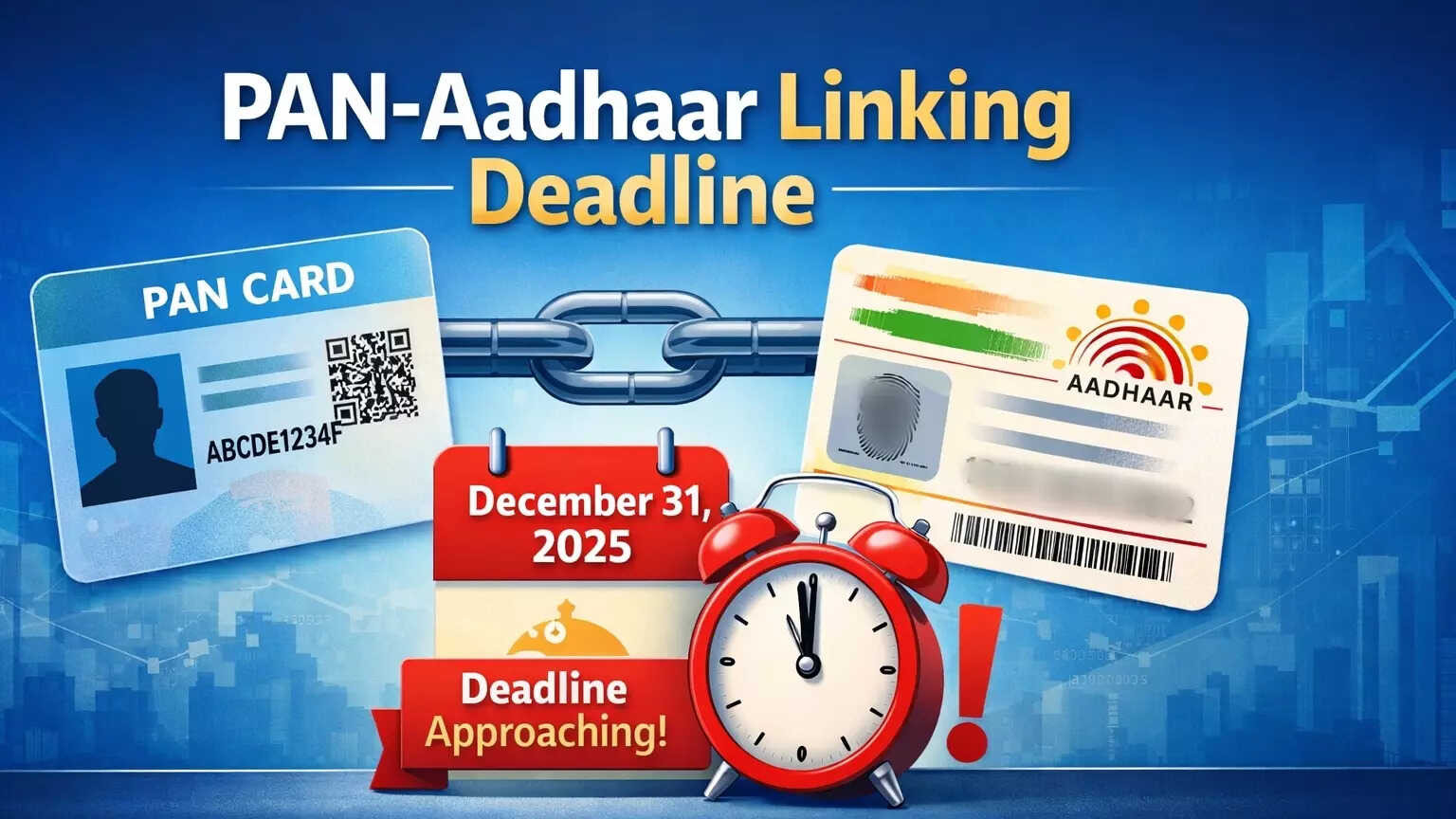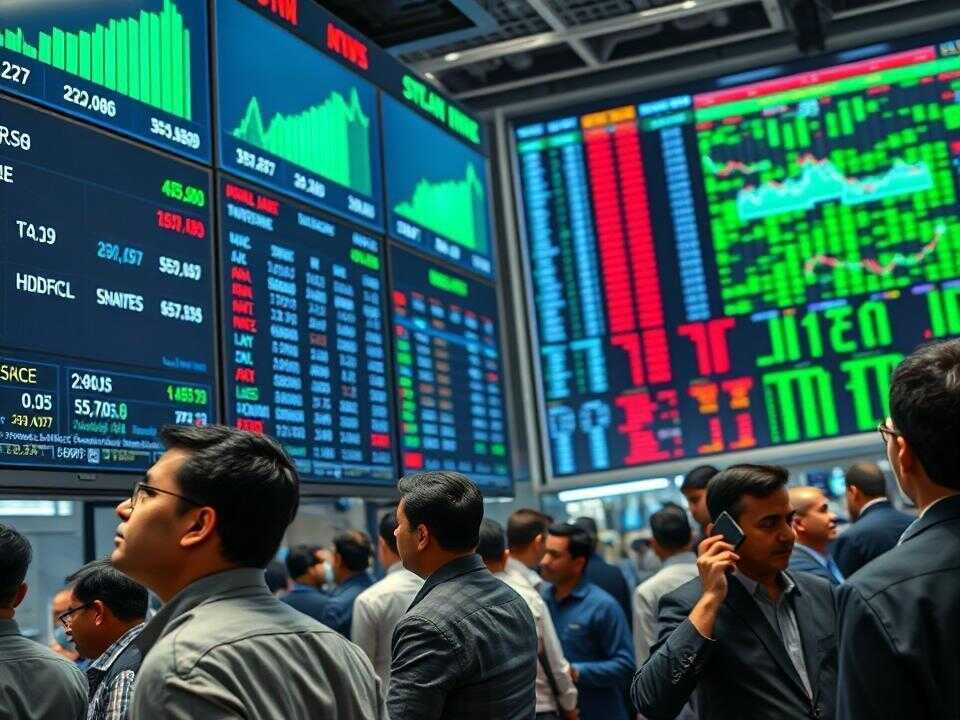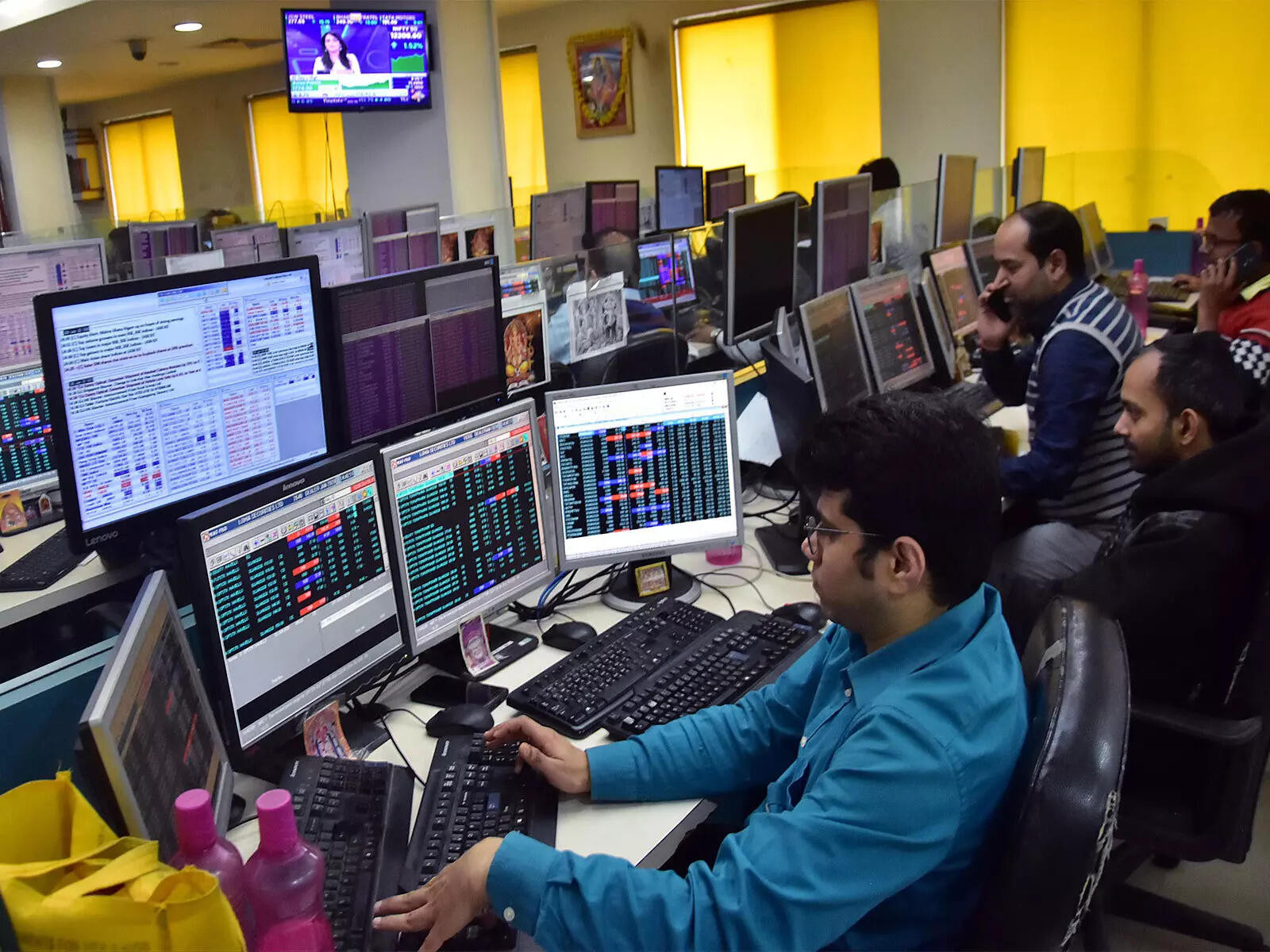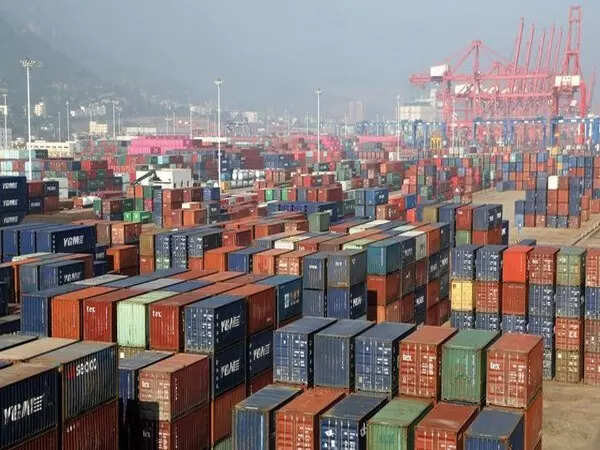Oil, Geopolitics, and a Presidential Claim: What’s Really Going On?
Donald Trump recently reignited a familiar narrative, stating he spoke with Prime Minister Modi, and that India wouldn’t be drastically increasing its Russian oil imports. This claim, resurfacing after previous assertions, deserves a closer look. What’s driving this narrative, and does it accurately reflect the complex dance of energy needs and international relations?
India’s relationship with Russian oil has become a significant talking point since the war in Ukraine began. Western nations, imposing sanctions on Russia, sought to limit its revenue streams. India, however, along with other nations, has continued to purchase Russian crude, often at discounted prices. This has fueled debate about balancing national interests with international pressure.
Trump’s comments suggest a degree of influence or understanding of India’s energy strategy. But how much weight should we give to such pronouncements? It’s worth considering the context. Trump has a history of making bold claims, and his perspective on global affairs often leans towards transactional diplomacy. Are we witnessing an accurate reflection of a conversation, or a strategically crafted narrative?
Decoding India’s Energy Strategy
India, a rapidly growing economy, faces immense energy demands. Securing affordable oil is crucial for fueling its industrial growth and meeting the needs of its vast population. While diversifying energy sources is a long-term goal, the immediate reality requires pragmatic solutions.
The discounted prices offered by Russia have undeniably been a factor in India’s purchasing decisions. It’s a matter of economic prudence, especially when other sources may be more expensive or less readily available. This doesn’t necessarily indicate a wholesale shift in allegiance but rather a strategic response to market dynamics.

Geopolitical Implications and Shifting Alliances
The flow of Russian oil to countries like India has broader geopolitical implications. It allows Russia to mitigate the impact of Western sanctions, providing a vital revenue stream to support its economy. At the same time, it presents a challenge to the united front that Western nations aim to present.
However, framing this solely as a defiance of Western pressure may be too simplistic. India has consistently maintained its independent foreign policy, prioritizing its own national interests while engaging with various global players. This approach is rooted in its long-standing tradition of non-alignment.
The Future of India’s Crude Oil Purchases
Predicting the future of India’s oil strategy is a complex exercise. Several factors will likely influence its decisions, including fluctuations in global oil prices, evolving geopolitical dynamics, and the development of alternative energy sources.
While discounted Russian oil may remain an attractive option in the short term, India is also investing heavily in renewable energy and exploring other avenues for diversifying its energy mix. This includes strengthening ties with other oil-producing nations and investing in domestic exploration. For example, increasing its usage of electric vehicles will also lesson dependence on crude oil. You can read more about India’s initiatives in renewable energy [here](internal-link-to-related-content).
Ultimately, India’s approach to crude oil procurement will be a balancing act. It must navigate the complexities of international relations, the pressures of energy security, and the long-term goals of sustainable development. The claims and counterclaims surrounding its strategy highlight the intricate interplay of economics, politics, and national interests in the global energy landscape. It will be fascinating to see how this continues to unfold.



